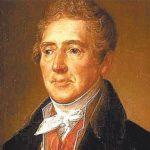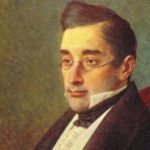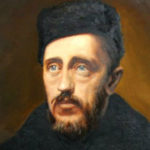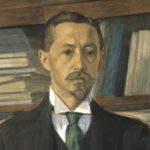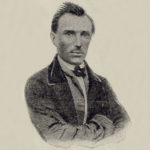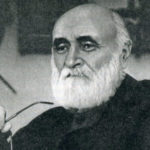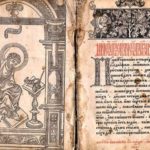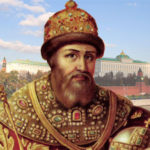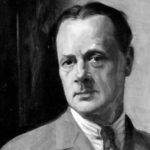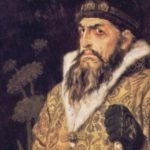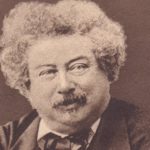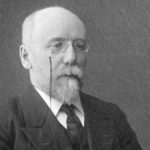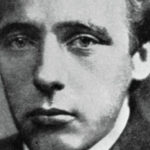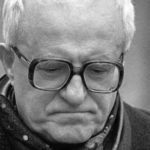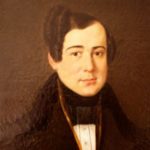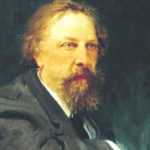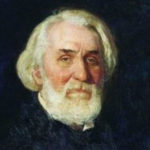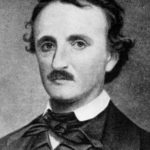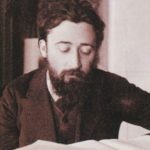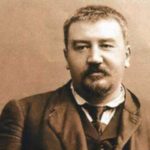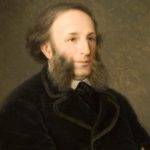Interesting facts about Ivan Krylov
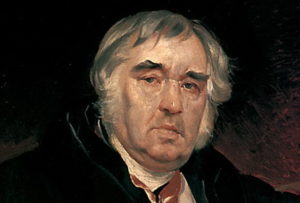 All of us, as part of the school curriculum, performed works by Ivan Krylov. A talented fabulist left descendants a lot of instructive stories, clothed in satirical form. They are fun to read in childhood, and in adulthood they are perceived quite differently, and it is this depth of works that made Krylov’s fables so memorable.
All of us, as part of the school curriculum, performed works by Ivan Krylov. A talented fabulist left descendants a lot of instructive stories, clothed in satirical form. They are fun to read in childhood, and in adulthood they are perceived quite differently, and it is this depth of works that made Krylov’s fables so memorable.
Parents of the future fabulist lived poorly, and they did not have money for a good education for their son. Young Ivan studied independently from the books available in the parental home.
At the age of 11, Krylov had to start working to help the family after the death of his father.
In his youth, the future fabulist seriously fond of fist fights.
Ivan Krylov became the pioneer of the genre of fables in Russia.
Krylov owed his knowledge of French to wealthy neighbors who taught a smart boy gratis.
The fables brought him fame, although he himself considered the compilation of the Russian-Slavonic dictionary to be the most significant work of his life.
Krylov gained inspiration while traveling around Russia. In total, he spent more than ten years on the road.
The writer had a strange predilection for fire, and when fires occurred, they looked at them for a long time, without stopping.
Most of his works were subjected to strict censorship of those years, but this did not stop the writer, and he continued to write. It was especially hard for Krylov during the reign of Catherine II, who disliked him.
After dinner, Krylov always went to sleep for a few hours.
More than thirty years, Ivan Krylov worked in the Public Library.
The writer never married, although there were love relationships in his life.
Krylov loved a lot and had a tasty meal, and overeating is considered one of the possible reasons for his passing away.
Contemporaries noted the frivolous carelessness – he was always lazy to pay attention to his appearance, carelessly combed his hair and rarely changed clothes.
During the life of Krylov wrote 236 fables, but the plots of many of them are borrowed from such famous authors of bygone days as Aesop and Lafontaine.
